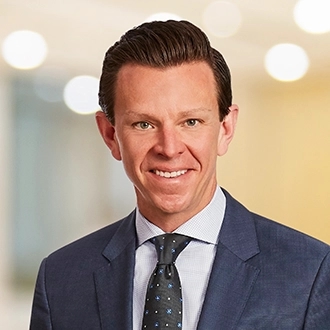Trending Conversations for Life Sciences
2026: The Year of the State Food Ingredient & Additive Bans
As the legislative season ramps up in January across the country, food companies and ingredient suppliers need to be aware of a growing trend of…Read
Jan 30, 2026
Whey to Go!
The dairy sector continues to impress with its innovation. As a kid growing up on a dairy farm in northern Wisconsin, I remember the local…Read
Jan 29, 2026
New Year/New Label: “Made in USA” Food Labeling Rule in Effect
New year, new label. January 1, 2026, marked the compliance date of a USDA rule adopted in 2024 concerning the voluntary labeling of the Food…Read
Jan 6, 2026


